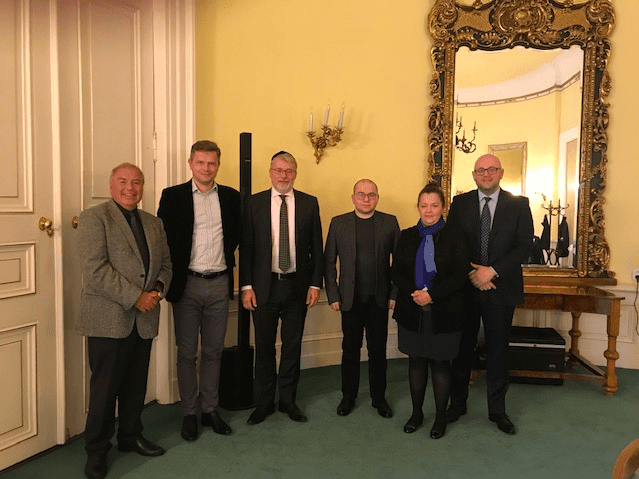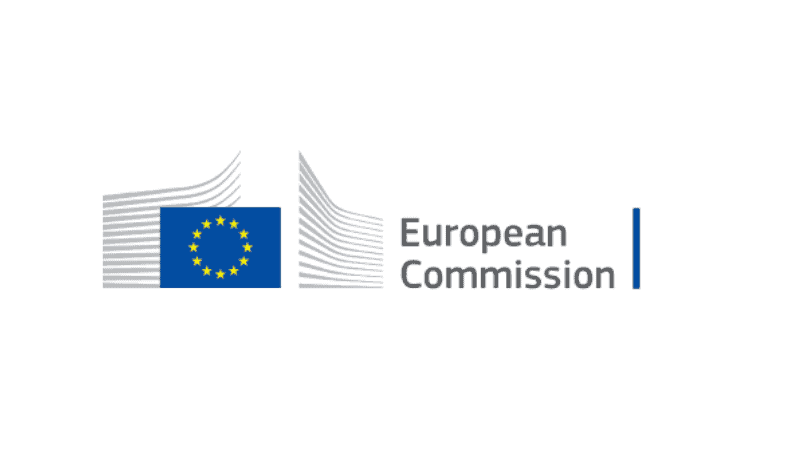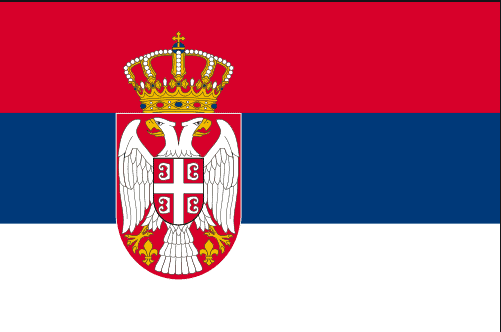Yesterday, on 3 October 2019, the European Jewish Association and our partners from the Action and Protection Foundation /Hungary/ have had a chance to further advance our ongoing promotion activities on the European Curriculum and Textbook Project against Antisemitism – this time in Prague, the beautiful capital of the Czech Republic.
At the meeting, where the EJA has been represented by Mihails Vorobeičiks-Mellers (Political Affairs Adviser) and the APF by Ferenc Olti (Board Member of the Hungarian Jewish Cultural Association) and Kálmán Szalai (Secretary), we have met with Jaroslav Faltýn (Director at the Department of Preschool, Basic, Basic Artistic and Special Education), Ladislav Bánovec (Director at the Department for International Relations) and Helena Čermáková (Department for International Relations) of the Ministry of Education, Youth and Sports of the Czech Republic.
The conversation, lasting close to 1.5 hours, has touched upon not only the project itself as well as the earlier Hungarian seven-year-ran program it is based on, but also the Czech school curriculum, educational programs and their development, existing system of teacher training, long-time knowledge and expertise exchange initiatives (including those related to the Czech Jewish community, its history and contributions towards beloved homeland) and many other topics.
Following the very informative descriptions provided by both sides and respective opinion exchanges, not only has it been agreed that further contacts on the initiative would be more than welcome and should be strongly encouraged, but also several concrete steps have been identified, which could be shortly implemented. These include designation of contact persons and execution of at least a few possible follow-up meetings (e.g., with Jewish leadership and experts as well as student associations, including those from abroad), which may take place already very soon.
We are most thankful to Mr. Faltýn, Mr. Bánovec, Ms. Čermáková and their colleagues at the Ministry for the reciprocated interest and for being such wonderful hosts, a most interesting and insightful conversation, and very much look forward to further contacts on the present initiative.
















